COVID-19 pandemic: U of T Engineering stories
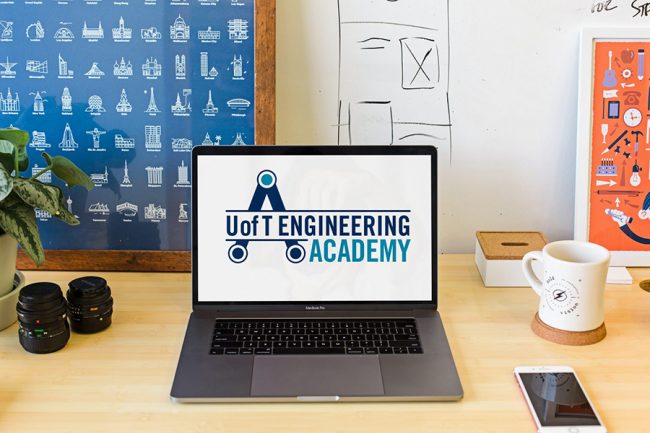
New U of T Engineering Academy prepares incoming students to excel in first year
U of T Engineering is launching a new program designed to give incoming students all the material they need to shine in their first-year courses. The University of Toronto Engineering Academy is an optional and not-for-credit program that is free to all incoming students for Fall 2020. Students gain access to a suite of established learning modules in math, physics...

New ‘rock candy’ approach could lead to simpler, faster tests for COVID-19
Testing for viruses is not a new science, but the COVID-19 pandemic has exposed the bottlenecks in established methods. Now, a team led by Professor Leo Chou (IBBME) is pursuing a non-traditional approach that, if successful, could lead to simpler, faster tests. “What we are finding out in this pandemic is that surges in global demand can cause every step...
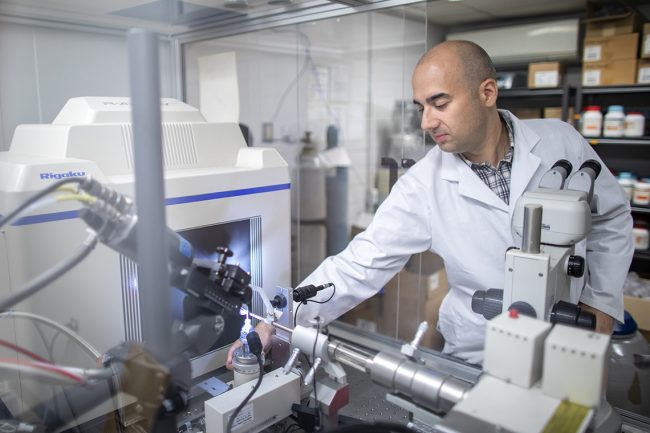
A U of T Engineering team is manufacturing coronavirus ‘parts’ for COVID-19 research
The structure of SARS-CoV-2 is now all too recognizable, resembling a soccer ball covered in spiky protrusions. A team of U of T researchers are replicating these spikes — and all the other proteins that enable its deadly attack on the human body — in the hopes of speeding up COVID-19 research around the world. “There are about 25 of...
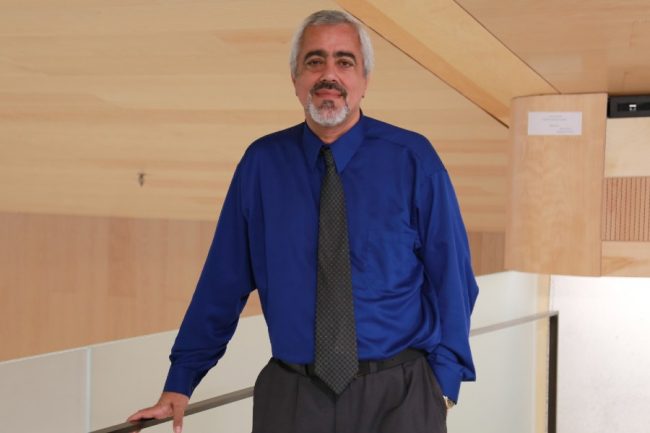
COVID-19: A ‘last resort’ breathing machine prototype heads to clinical trials
U of T Engineering professor Kamran Behdinan (MIE) and a team of researchers at the University Health Network (UHN) are designing a life-saving device they hope never has to be used. The team’s prototype of a low-cost breathing machine — known as a high acuity, limited operability (HALO) ventilator system — is now undergoing clinical testing and could be deployed...
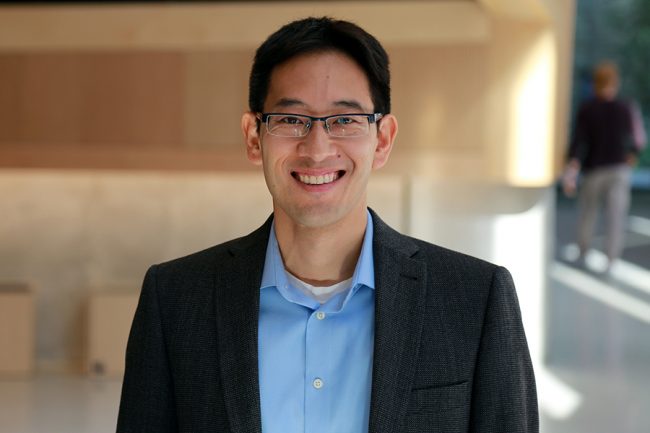
U of T Engineering team develops redeployment tool to optimize hospital staffing amid COVID-19
U of T Engineering researchers have developed Redeploy, a tool that optimizes and automates the matching of available staff to jobs that need to be filled throughout the hospital. As the COVID-19 pandemic reaches its peak in Ontario, staffing needs in hospitals in Toronto and the Greater Toronto Area (GTA) have rapidly changed. Researchers, nurses, and other hospital staff may...
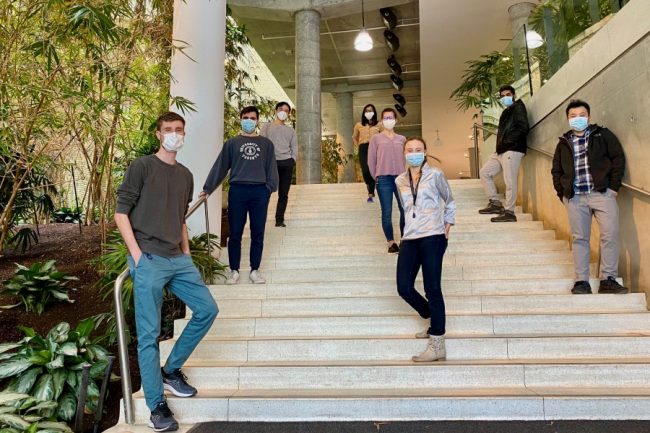
Meet the U of T Engineering team developing an on-the-go test for COVID-19
A team led by Professor Warren Chan (IBBME, Donnelly Centre) is developing an automated, more sensitive and rapid test for COVID-19 to help curb the pandemic. The current global lockdown only made their resolve to continue with their research stronger. “It is very rewarding being able to work with everyone and do something that is contributing to this and future...
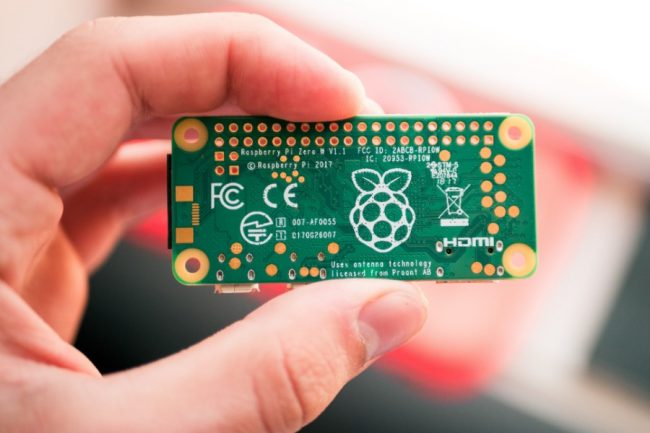
U of T Engineering team programs single-board computers to remotely monitor COVID-19 patients and protect health care workers
A U of T Engineering team has created a simple, scalable solution to remotely monitor the vital signs of COVID-19 patients, while preserving vital personal protective equipment (PPE) for health-care workers. Currently, hospitals use a fingertip probe to monitor the respiratory status of COVID-19 patients. These probes monitor blood oxygen saturation and output the data to bedside monitors that must...
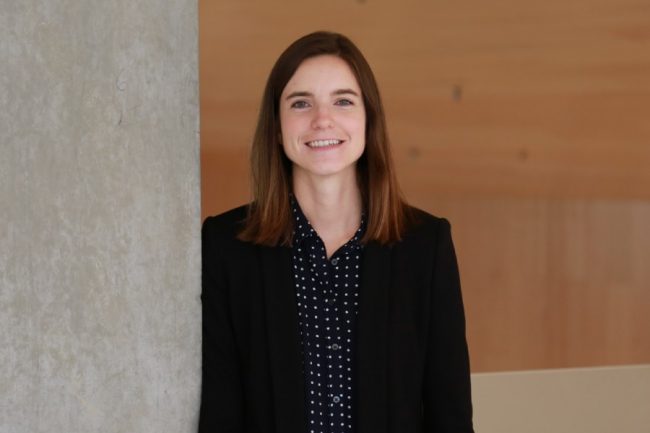
How engineers can keep innovating — while working from home
The future of workplace collaboration has arrived early. For those who can work remotely amid the COVID-19 pandemic, a new normal has arisen over the last month. In professions where intensive collaboration is the norm, such as in engineering, this poses new and unexpected challenges. “Most people get to plan when they work from home. These are unusual times where...
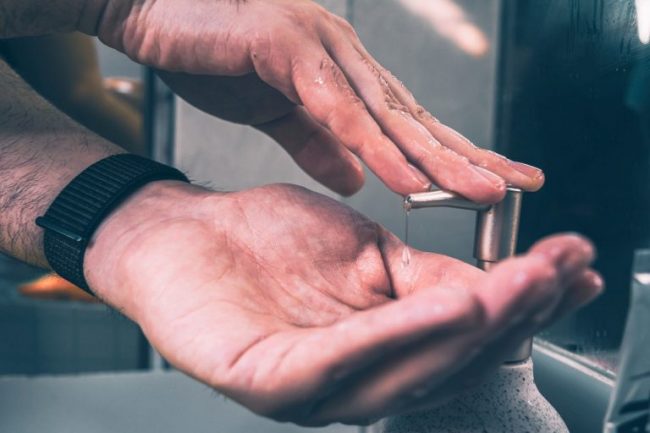
U of T startup’s wearable tech encourages hand hygiene to prevent the spread of COVID-19
An IBBME researcher is developing a wearable technology that reminds frontline health-care workers to consistently wash their hands. This technology could significantly reduce the spread of Hospital-Acquired Infections (HAIs), including COVID-19. Dubbed the Buddy Badge, the wearable device acts as a transponder, using a system of sensors connected to hand-washing stations, doorways, and critical routes to patient rooms. If the...

Can lowering emissions improve the odds against COVID-19? A U of T Engineering expert examines the evidence
With countries shutting down large sections of the economy during the COVID-19 pandemic, many regions have seen strong improvements in air quality in a very short time. As cities decongest, U of T Engineering Professor Greg Evans (ChemE, ISTEP) is using this unprecedented global experiment to study the effects of air quality on the spread of COVID-19. Evans and his...
MEDIA CONTACT
Fahad Pinto
Communications & Media Relations Strategist
416.978.4498
fahad.pinto@utoronto.ca